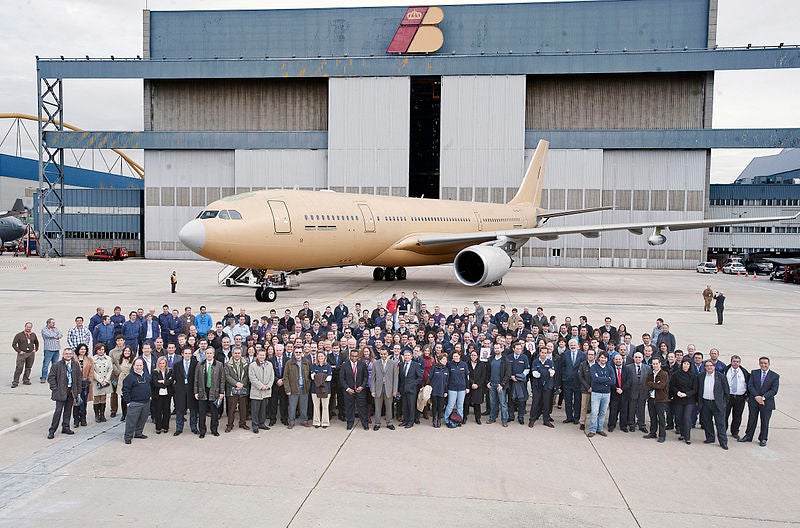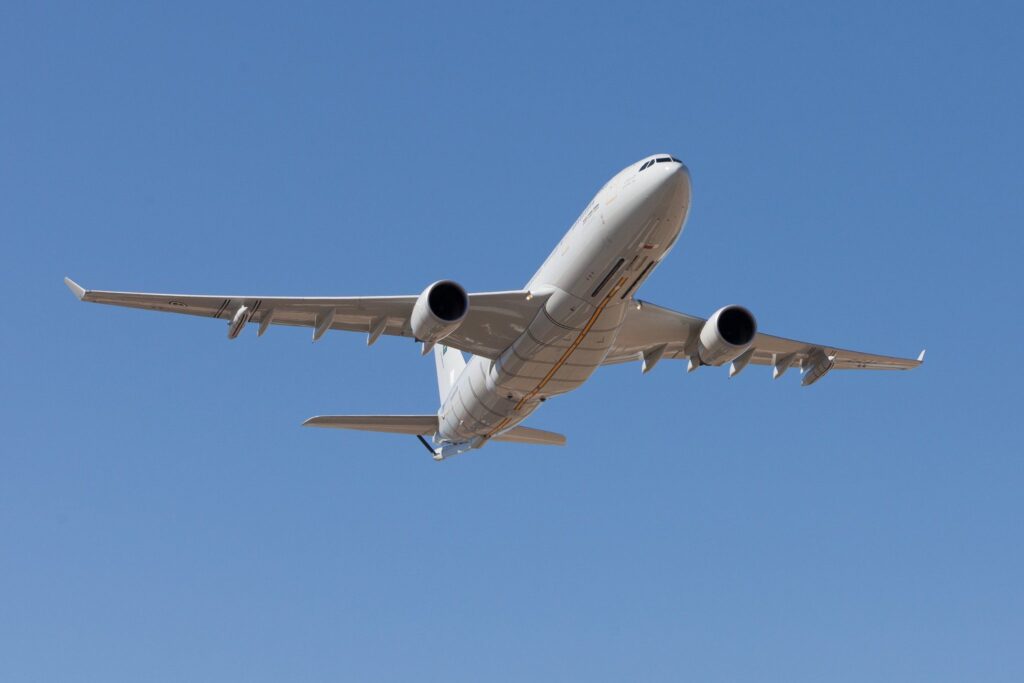Royal Saudi Air Force Is Increasing Its Airbus A330 Multi-Role Tanker Transport (MRTT) Fleet To Ten Aircraft
On July 10, French aviation giant Airbus announced that it had signed a contract with Riyadh to supply the Royal Saudi Air Force (RSAF) with four additional A330 Multi-Role Tanker Transport (MRTT) aircraft.
The new agreement strengthens Airbus and Saudi Arabia’s existing cooperation and adds to two separate contracts signed between the parties in 2008 and 2009, covering a total of six aircraft of this type, and making the RSAF the largest Airbus A330 MRTT operator outside of Europe.

According to an Airbus statement, in accordance with the agreement, the cost of which has not been disclosed to the public, the first of these aircraft will begin conversion at the company’s Getafe facilities in early 2026 and be delivered to the Gulf country in 2027. During the conversion, MRTTs will be outfitted with a variety of systems, including hose-drogue units and boom refueling systems, to refuel both US and European aircraft in the RSAF inventory. After all of these operations, the Airbus A330s, like the other six MRTTs, will be ready for air-to-air refueling and transport missions by the RSAF’s 24th Squadron, which is based at Prince Sultan Air Base in Al-Kharj, and will support Saudi Arabia’s participation in international exercises and overseas operations.

Under the terms of the contract, Airbus will also provide the Royal Saudi Air Force with a logistics support package that includes spare parts, training, and maintenance support for the four new aircraft. These and similar services will be provided by the local industry in the future through the transfer of technology and know-how to the SAMI Airbus Aircraft Maintenance Services initiative (SAAMS), which Airbus established in collaboration with Saudi Arabian Military Industries (SAMI). This will not only reduce Airbus’ workload, but it will also benefit both parties by serving as a “main tool for industrial localization” as part of Saudi Arabia’s Vision 2030 initiative.

